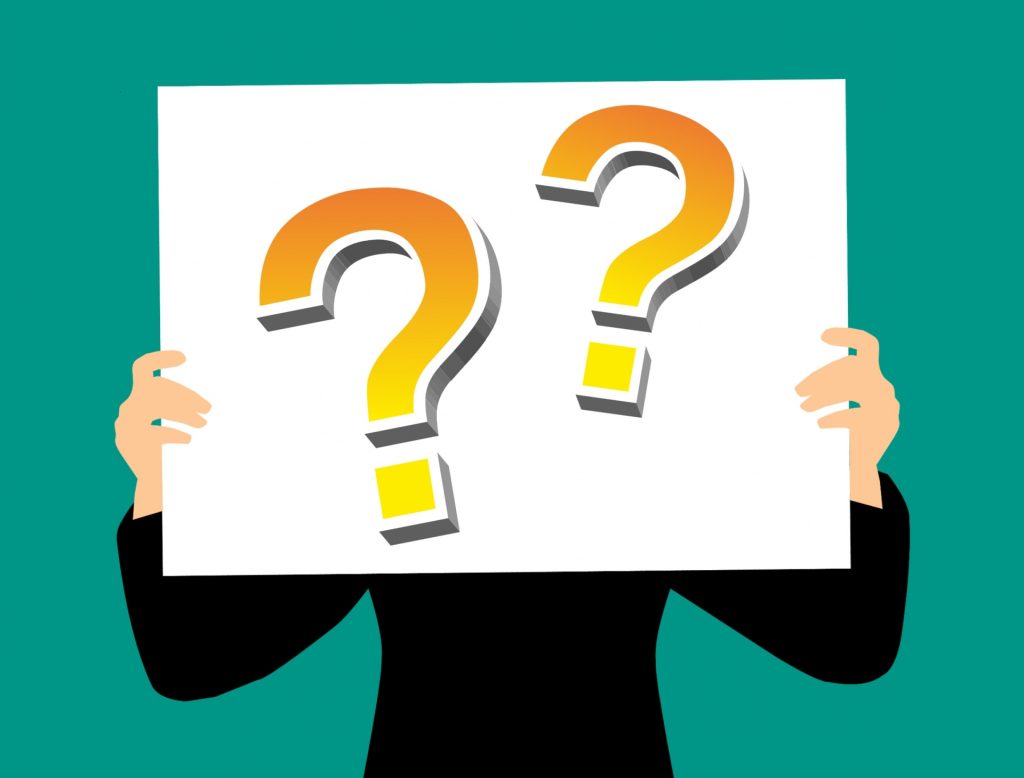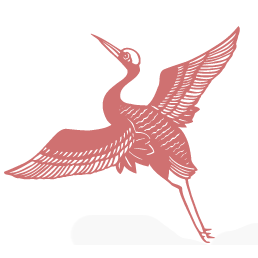Frequently Asked Questions

Can acupuncture help me?
Acupuncture has been used for thousands of years, and modern research suggests it can help with a range of conditions — especially pain (like back pain, headaches, arthritis, sciatica), stress, sleep problems, and some side effects of other medical treatments (such as nausea, neuropathy or fatigue).
Most people find it relaxing, and many notice improvements in their symptoms. The effects can vary from person to person, and for some conditions the evidence is stronger than for others, so it’s not a guaranteed, but studies consistently show that acupuncture is safe when carried out by a qualified practitioner.
If you’re curious, the best way to know if it may help you is to try a short course of treatment. We can review your health, talk through your specific symptoms, and see how your body responds.
For more information on the variety of issues we see in clinic and have found it to useful for click here.
How does it work?
Traditional Chinese Medicine Framework
Chinese medicine theory explains that blood and vital fluids travel through the body via pathways called jingluo (經絡), which translates to 'Channels and Network Vessels'. From this perspective, symptoms represent disruptions within the physiology and circulation of these channels, which may originate from physical, psychological, or emotional factors.
Modern Understanding
Contemporary research suggests that acupuncture doesn’t just work on one single system, but influences the body in several ways at once. Studies show it can:
-
Trigger natural pain relief – stimulating the release of endorphins and other “feel-good” chemicals.
-
Calm the nervous system – modulating how pain and other signals are processed in the brain and spinal cord.
-
Improve circulation – increasing local blood flow, which supports healing.
-
Reduce inflammation – influencing the release of chemicals that drive swelling and irritation.
-
Support balance and repair – activating the body’s own regulatory and healing responses.
Is acupuncture safe?
Across all recent studies, acupuncture maintains an excellent safety profile with few and minor associated adverse effects, making it a low-risk treatment option for patients who may already be managing multiple medical conditions.
All acupuncture needles are single-use and sterile.
It is generally considered safe when performed by a qualified, properly trained practitioner, but, as with any treatment, there are a few things to be aware of:
Safety profile
-
Side effects are usually mild and short-lived (slight bruising, light bleeding at the needle site, temporary soreness, or feeling drowsy).
-
Serious side effects are very rare, especially when single-use sterile needles are used.
Risks are greater if
-
The practitioner isn’t properly trained or registered.
-
Sterile, single-use needles are not used (risk of infection).
-
Someone has certain health conditions (e.g. bleeding disorders, severe immune suppression, pacemaker use if electro-acupuncture is applied).
Special situations
-
Safe for children and during pregnancy when adapted appropriately — but it’s important to tell the practitioner, as some points are avoided in pregnancy.
Research & regulation
-
The NHS in the UK recognises acupuncture as safe in trained hands and uses it in some hospitals.
-
In the UK, licensed practitioners are required to follow strict hygiene and safety guidelines.
If you choose a practitioner who is registered with a professional body (in the UK, British Acupuncture Council or Acupuncture Association of Chartered Physiotherapists, for example), the risks are minimal.
What does it feel like?
Acupuncture needles are extremely thin (0.2 mm) and treatment usually requires four or five points to be needled. The sensation is often described as a 'tingling' or 'a dull ache' and some points you won't even feel.
Once inserted (a few millimetres into the skin) the needle is often rotated to obtained a slight sensation called 'deqi' translated as 'obtaining the qi'. This gently encourages a connection between your body and the needles.
Most people find the experience extremely relaxing and even fall asleep.
What happens in a treatment?
During your initial consultation and treatment, we conduct a comprehensive evaluation that includes:
- Detailed review of past and present medical history
- Discussion of specific issues and symptoms
- Traditional Chinese medicine diagnostic techniques including:
- Channel palpation to assess circulation of blood and fluid
- Pulse diagnosis to evaluate systemic health
- Tongue examination for additional diagnostic information
This integrated approach helps identify the underlying causes of any issues you may be experiencing and develop an individualised treatment strategy.
Once inserted the needles will be left in for about 20 minutes.
Treatment may be supplemented with ‘moxa’ (a smouldering herb that adds warmth), massage or suction cups.
Where do you insert the needles?
Treatment typically involves two types of acupuncture points:
Distal Points:
- Located on arms and legs - below the elbows and knees
- Influence overall circulation through the Channel and Network Vessel system
- Help regulate on a systemic level
Local Points:
- Positioned around the specific areas to target local circulation
- Provide direct therapeutic effect to affected regions
All needle placements are discussed with patients beforehand to ensure comfort and understanding of the treatment approach.
How much treatment will I need?
We generally recommend treatment about every 1 - 2 weeks, while you have symptoms or issues you’d like to improve. As things improve, we generally encourage people to continue with reduced frequency, to ensure maintain health and ensure the issue doesn't just revert.
As a general principle, 'acute’ conditions may need treatments that are closer together and ‘chronic’ conditions can take longer and, as we get older, may respond more slowly.
As a preventative medicine, acupuncture is often recommended a few times a year, especially during changes of season.
Why is there a cancellation policy?
Our policy is that appointments that are missed, or cancelled with less than 24 hrs notice, are charged at a slightly reduced rate. This rate reflects the need to charge for missed appointments but aims not to be punitive.
When you book an appointment that time is set aside for you and cannot be used by anyone else. We therefore operate this policy, as 24 hrs is the minimum time it takes to get hold of patients on our waiting list and fill appointments that become available.
This charge covers the ongoing costs of keeping the clinic running. These costs are high and we cannot afford to have people booking and then not turning up to their appointments.
Am I covered by my health insurance?
Many health policies include acupuncture treatment. To find out if yours does, speak to your health insurer directly, contact the British Acupuncture Council (BAcC) or email us.
Booking appointments
 About Rick Mudie
About Rick Mudie
BSc (Hons), BSc (Oriental Med), MBAcC
Rick is a traditional Chinese acupuncturist with over 25 years clinical experience.
He has a BSc degree from Edinburgh University, were he studied Psychology and Anthropology and a BSc (Hons) in Oriental Medicine from Brighton University from it's affiliated college 'The International College of Oriental Medicine' (ICOM), the UK's oldest acupuncture college.
He is currently a Lecturer at ICOM, where he was a Course Leader & Clinical Supervisor for many years. He is an experienced member of the British Acupuncture Council (BAcC).
Read more about Rick.


